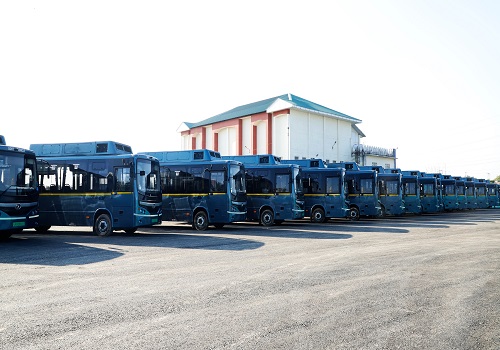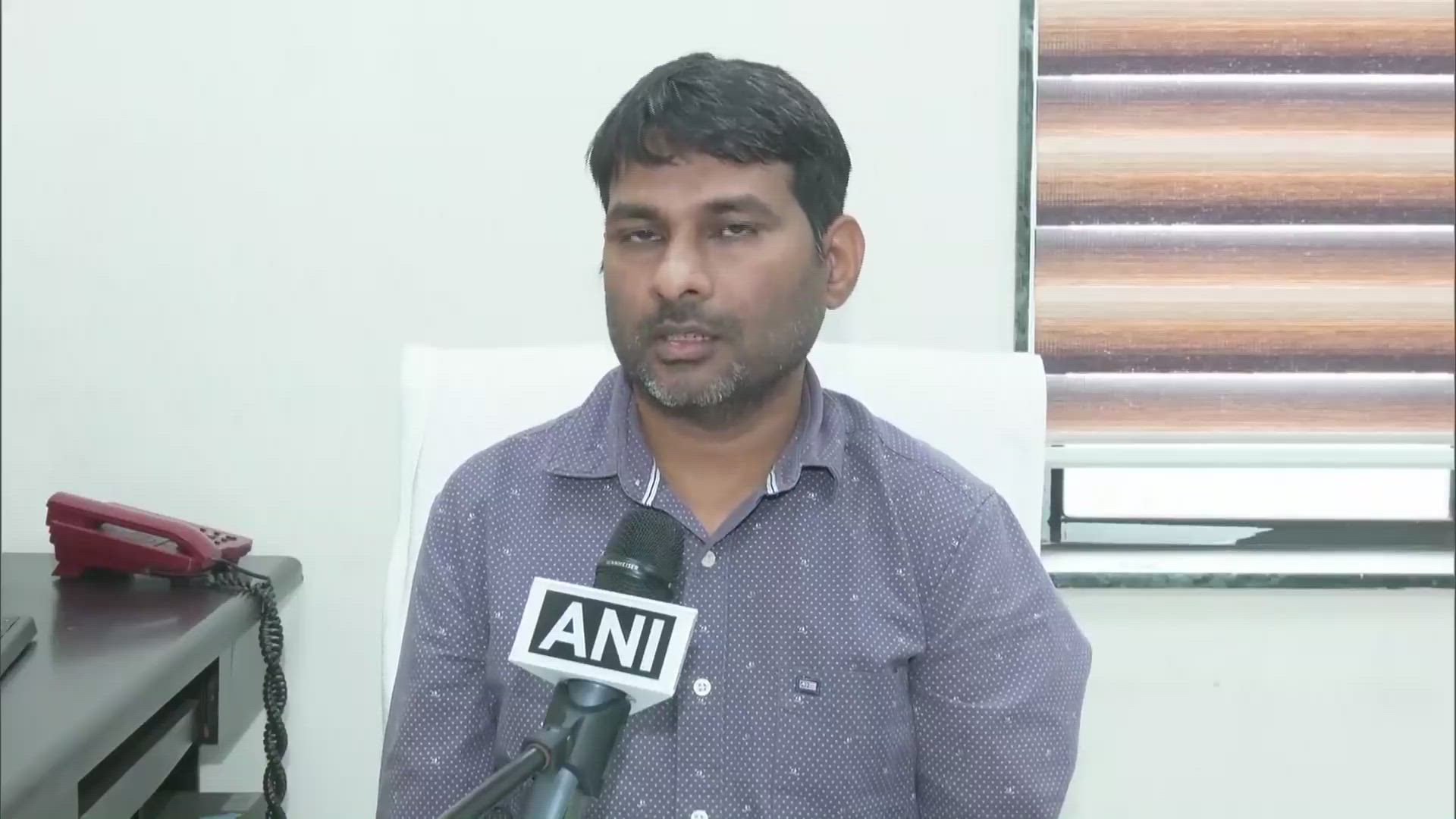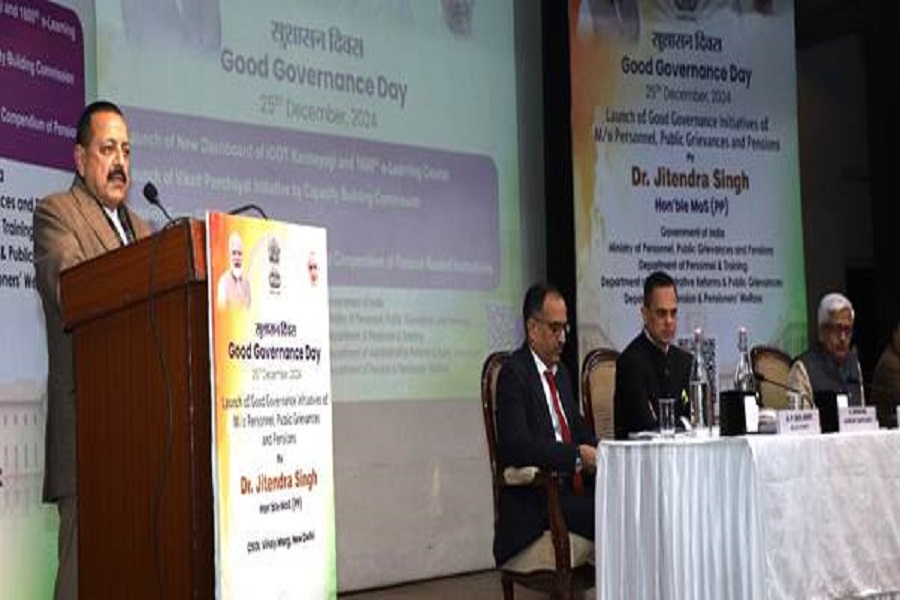Government policy push to drive e-bus sales to 6K-6.5k this fiscal

Follow us Now on Telegram ! Get daily 10 - 12 important updates on Business, Finance and Investment. Join our Telegram Channel
Electric bus (e-bus) sales in India will rise by 75 to 80 per cent on a year-on-year basis due to policy push by government authorities, a report said on Tuesday.
Research firm Crisil Ratings said, "The supply of electric buses (e-buses) in India will surge 75-80 per cent to 6,000-6,500 this fiscal, spurred by increasing deployment via tenders awarded under various schemes for procurement by state transport undertakings (STUs) through the gross cost contract (GCC) model."
These schemes include Faster Adoption and Manufacturing of (Hybrid and) Electric Vehicles (FAME) (1 and 2), National Electric Bus Programme (NEBP) under Convergence Energy Service Ltd (CESL) (1 and 2), and PM-eBus Sewa Scheme.
The report further said that the government's push to lower carbon emissions in public transport will drive e-bus adoption.
Gautam Shahi, Director, CRISIL Ratings, said, “E-bus adoption is truly in a sweet spot because the interests of STUs and bus operators are being taken care of under the GCC model, with optimal distribution of risk among stakeholders."
According to the report, "The surge in e-bus orders will generate economies of scale in production and declining battery costs will lower the purchase price of an e-bus. The benefits of the potential decline in e-bus prices may be passed on to STUs by bus operators, in terms of rentals per km, thus further aiding adoption."
Pallavi Singh, Associate Director, CRISIL Ratings, said, “Existing strong e-bus orderbook, along with the remaining orders of 7,800 buses to be awarded under the PM e-Bus Sewa Scheme 4 will give a fillip to the sector.
"The government is expected to further augment this scheme, which will continue to support growth of e-bus sales over this and next fiscal.”












 320-x-100_uti_gold.jpg" alt="Advertisement">
320-x-100_uti_gold.jpg" alt="Advertisement">











